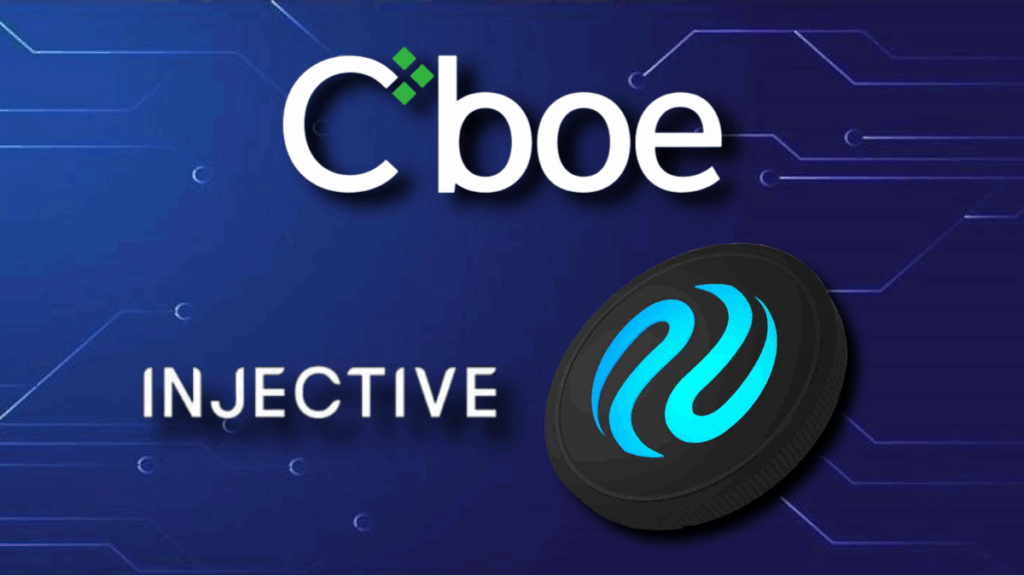TL;DR
- The Chicago Board Options Exchange (Cboe) has formally filed to list Canary Capital’s staked Injective ETF, potentially positioning it as the third staked crypto ETF in the US after Solana and Ether.
- This move comes during a friendlier regulatory climate under President Trump’s administration.
- If approved, it could boost Injective’s market presence and open staking rewards to more traditional investors.
The Chicago Board Options Exchange is seeking approval to expand its roster of crypto-based exchange-traded funds by listing Canary Capital’s proposed staked Injective ETF. The filing, submitted under the 19b-4 form, follows Canary Capital’s S-1 registration earlier this month with the US Securities and Exchange Commission. Should it clear all regulatory hurdles, this product would add a new alternative Layer 1 asset to the menu of regulated staking ETFs already available to US investors.
The fund plans to stake Injective tokens using an authorized validation service, distributing staking rewards to investors while maintaining regulatory oversight. This model mirrors the structure approved for staked Solana and Ether ETFs in late June, both of which sparked renewed institutional interest in blockchain-native yield generation.
Favorable Policy Climate Encourages New Crypto Funds
A decisive factor behind the recent wave of filings is the SEC’s updated stance that staking does not conflict with existing securities laws. This clarification, issued in May, gave staking advocates a much-needed green light to structure ETF products that pass staking rewards to shareholders. Industry voices see this shift as a win for blockchain protocols that depend on staking for network security and governance.
The Trump administration’s signals of openness toward crypto-based financial products have emboldened firms like Canary Capital to pursue novel offerings. While the SEC has not yet officially acknowledged the filing, its review period may stretch into early 2026, depending on how regulators interpret this innovative format.

New Pathways For Institutional Adoption
The Injective ecosystem could see stronger inflows and deeper liquidity if the fund launches as planned. At present, the INJ token trades near $15, a significant drop from its March 2024 peak above $52. Analysts believe fresh capital through an ETF could help bridge that gap, giving traditional investors secure access to staking returns without managing tokens directly.
Beyond Injective, the Cboe has signaled broader ambitions by also filing a new application for a Solana-based ETF in tandem. This underscores a clear trend: the market is moving to expand regulated crypto access beyond Bitcoin and Ethereum, opening the door to a more diverse range of blockchain networks through compliant structures that appeal to both institutional players and retail investors.










